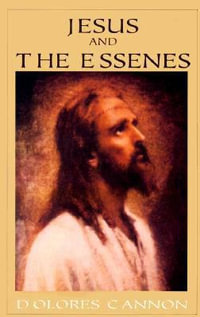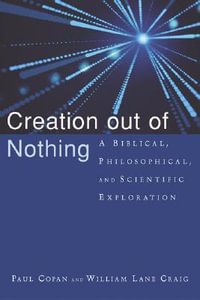Description: The Bible is not a Western book, and the world of the New Testament is not our world. The New Testament world was preindustrial, Mediterranean, and populated mostly by nonliterate peasants who depended on hearing these writings read aloud. Only a few of the literate elite were part of the Jesus movement, and they knew nothing of either modernity or the Western culture we inhabit today. This means that for all North Americans, reading the New Testament is always an exercise in cross-cultural communication. Travelers, diplomats, and exchange students take great pains to bridge the cultural gaps that cloud mutual understanding. But North American readers habitually suspend cross-cultural awareness when encountering the Bible. The result is that we unwittingly project our own cultural understandings onto the pages of the New Testament. Rohrbaugh argues that to whatever degree we can bridge cultural gaps between ourselves and New Testament writers, we learn to value their intentions rather than the meanings we create from their words. Rohrbaugh's insightful interpretations of Gospel passages go a long way toward helping to span distances between the New Testament world and the present. Endorsements: "Rohrbaugh's diagnosis of the ills of so much Western Bible reading is incisive; his prescription of hermeneutics as 'cross-cultural encounter' is healthy; and his own use of that hermeneutic offers many new and persuasive understandings of the Gospels." --Catholic Biblical Quarterly "Rohrbaugh's sensitivity to the social dynamics of Mediterranean cultures allows him to read familiar stories in an unfamiliar and yet highly convincing manner. He repeatedly exposes the ethnocentric nature of many modern interpretations, and illustrates how a knowledge of Mediterranean anthropology casts an entirely different light on the significance of the parables and sayings of Jesus. Clearly written and argued, The New Tesament in Cross-Cultural Perspective can serve also as a primer for Mediterranean anthropology." --John S. Kloppenborg, Professor of Religion, University of Toronto "This collection of significant articles by Richard Rohrbaugh is very welcome. Published through many years and in many different places, they have been major ways into social-science interpretation and cross-cultural understanding for many readers. Now they are accessible together in this book, which will take its place among the most important tools for raising issues of cultural difference in biblical interpretation." --Carolyn Osiek, Charles Fischer Catholic Professor of New Testament, Brite Divinity School About the Contributor(s): Richard L. Rohrbaugh is Paul S. Wright Professor of Christian Studies Emeritus at Lewis and Clark College. He is the coauthor of Social-Science Commentary on the Synoptic Gospels, Social-Science Commentary on the Gospel of John, and the editor of The Social Sciences and New Testament Interpretation.
Industry Reviews
""Rohrbaugh's diagnosis of the ills of so much Western Bible reading is incisive; his prescription of hermeneutics as 'cross-cultural encounter' is healthy; and his own use of that hermeneutic offers many new and persuasive understandings of the Gospels.""
--Catholic Biblical Quarterly
""Rohrbaugh's sensitivity to the social dynamics of Mediterranean cultures allows him to read familiar stories in an unfamiliar and yet highly convincing manner. He repeatedly exposes the ethnocentric nature of many modern interpretations, and illustrates how a knowledge of Mediterranean anthropology casts an entirely different light on the significance of the parables and sayings of Jesus. Clearly written and argued, The New Tesament in Cross-Cultural Perspective can serve also as a primer for Mediterranean anthropology.""
--John S. Kloppenborg, Professor of Religion, University of Toronto
""This collection of significant articles by Richard Rohrbaugh is very welcome. Published through many years and in many different places, they have been major ways into social-science interpretation and cross-cultural understanding for many readers. Now they are accessible together in this book, which will take its place among the most important tools for raising issues of cultural difference in biblical interpretation.""
--Carolyn Osiek, Charles Fischer Catholic Professor of New Testament, Brite Divinity School

























